Reggae is taking root in the streets of New Delhi
- Text by Amrita Riat
- Photography by Teresa Geer

Mr Herbalist and Diggy Dang drag their chilled-out demeanours past an ancient stretch of red sandstone arches dating back to the Mughal Period. We’ve snuck around the back of famous New Delhi monument Humayun’s Tomb to find sanctuary in a city overpopulated with families and lovebirds enjoying a sanctioned day off on Gandhi’s birthday. Aside from a guard bribed with promises of “Just one minute”, no one knows we’re here – a rare change of pace for music promoters Reggae Rajahs.
Though they attended the same international school, Raghav Dang (aka Diggy Dang) first met Zorawar Shukla (aka Mr Herbalist) when he was hanging above the Rajasthani desert from a zip wire, set up by the adventure sports company where Zorawar worked. They started hanging out, less literally. Third member, Mohammed Abood (aka DJ MoCity), was a hip hop promoter at the time. He threw a party on Bob Marley’s birthday in 2009 and invited an Australian reggae collective to play. Raghav and Zorawar attended.
“When I witnessed that party I was like, ‘Okay, this is going to change everything,’” says Diggy. “There was absolutely no reggae music here – no promoting it, no parties, no one had heard of reggae beyond Bob Marley.” The trio set up as an entertainment rather than music collective with the aim of spreading the reggae word, with one person spinning records and two people on the mics, hyping up the crowd.
Since that night, the reggae triumvirate has gone from holding a few low-key events in their hometown of New Delhi to invading venues in big cities like Mumbai. They’ve become a mainstay act at mainstream festivals, collaborating with local artists like BASSFoundation and Ska Vengers and hosting established international acts such as Graeme Hamilton (of UB40 fame), Mr. Williamz, Apache Indian, Soom T, Mungo’s Hi Fi (Scotland), Blessed Love (Germany) Subatomic Sound (USA) and Heartical Sound (France). They’ve also taken the high-powered spirit of their own sound system culture outside the subcontinent, playing one-of-a-kind track cuts known as dubplates in Peru, Panama, NYC and beyond.
“We play other people’s tunes, but we also play [dubplate] specials,” explains Diggy. “We interact with the crowd so they can relate to the music. Some people can be alienated by reggae because they don’t really understand the patois, the accent, they don’t really understand what they’re talking about. With specials we adapt a tune for the Indian massive. We customise it, talking about corruption, about society, about respecting Indian women.”
The guards kick us out mid-interview. As we hustle away, we enter a scene that mirrors the social complexity of Indian society. A train ruptures the serenity of the ruins carrying the upper classes cross country as a community of ‘untouchables’ living in squalor look on. They wave and smile to the boys, living a world apart though in touching distance.
Where Bob Marley once preached “One love” in a Jamaican context, the trio work to spread the reggae gospel on home soil. In 2010, Reggae Rajahs’ DJ MoCity paid credence to this legacy when he told India’s Rolling Stone: “If you’re playing reggae music, you’ve got to educate people about what’s going on in the world. Don’t overlook what’s going on around you. Try to stop corruption, make peace.” Iraqi-born, he shared how reggae shaped his perspective on the invasion: “I try to spread knowledge about peace and the war, and remind people that we should stop and play music, drop beats, not bombs.”
With Bollywood music taking up over seventy per cent of the market, Reggae Rajahs are awakening a pop-sick alternative crowd. The nation wasn’t always hypnotised by song-and-dance routines; before Bollywood blew up, Indian ears were more attuned to the bitter-sweet classical genres of Hindustani and Carnatic, which boast chant-like ragas and droning melodies that border on meditational. It’s no surprise then, that reggae’s steady laid-back tempo resonates with a disillusioned youth in a country where the very idea of subculture is still in its formative years.
“Today, you can be a musician and make money, maybe not make pots of it but you can live,” says Mr Herbalist. “You could never do that before because there was no music. There was Bollywood, but now there’s all types of things happening.”
Modifying tastes is just one ambition; breaking stereotypes is another. “It’s slow music, so people are like, ‘Reggae is just too chilled, we can’t go to a club and listen to reggae, man.’ They don’t have the perception that reggae can actually be dance music. It’s music that carries a message all the time.” He believes the industry needs more live venues, more reggae deejays, more bands and more people buying tickets for shows. “It needs to be a scene, it can’t just be us.”
And a scene seems to be forming. As well as hosting the Dub Station stage – the first festival stage to play reggae, drum ‘n’ bass, jungle and hip hop – at Bacardi’s touring NH7 Weekender (with stops in Delhi, Bangalore, Pune and Kolkata) they now have a weekly show called Simmer Down on India’s first alternative underground station, Radio 79. But the biggest endorsement of all has to be opening for Snoop Dogg in New Delhi – “The energy was crazy, it was electric,” says Mr Herbalist – with Snoop coming off stage to embrace them with a little message (“Yabadaba, guess what? We love India!”).
But Mr Herbalist is adamant that India’s subcultural heyday has yet to come. “Yes, we’re pioneering reggae music, but what we’re really enjoying is actually being part of this music scene that’s exploding,” he adds. “It’s small right now, we know everyone in the music industry, but in twenty to twenty-five years we’ll look back on this and be like, ‘Damn, that’s the period where music really started happening in India.’”
This article originally appeared in Huck 42 – The Mark Improv Issue. Buy it in the Huck Shop now or subscribe to make sure you never miss another issue.
Enjoyed this article? Like Huck on Facebook or follow us on Twitter.
Latest on Huck

Three decades behind the scenes of the music industry
Eddie Otchere’s ‘Spirit Behind the Lens’ is a story of music and culture that crosses and transcends borders.
Written by: Isaac Muk
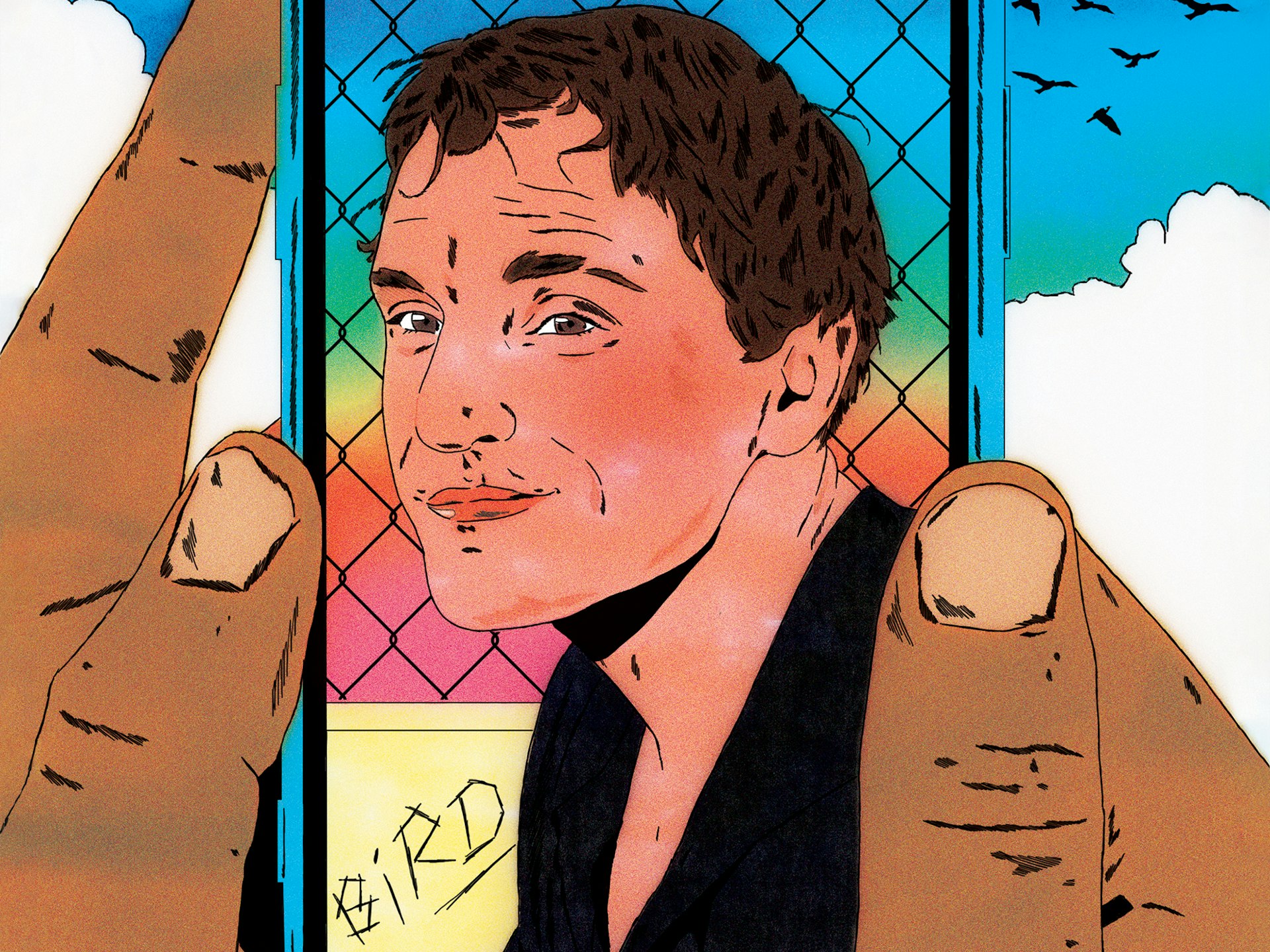
Barry Keoghan, Franz Rogowski and Andrea Arnold on ‘Bird’
The new issue of Little White Lies brings Andrea Arnold’s sixth feature to life with a thematic voyage down the Thames estuary.
Written by: Maisy Hunter
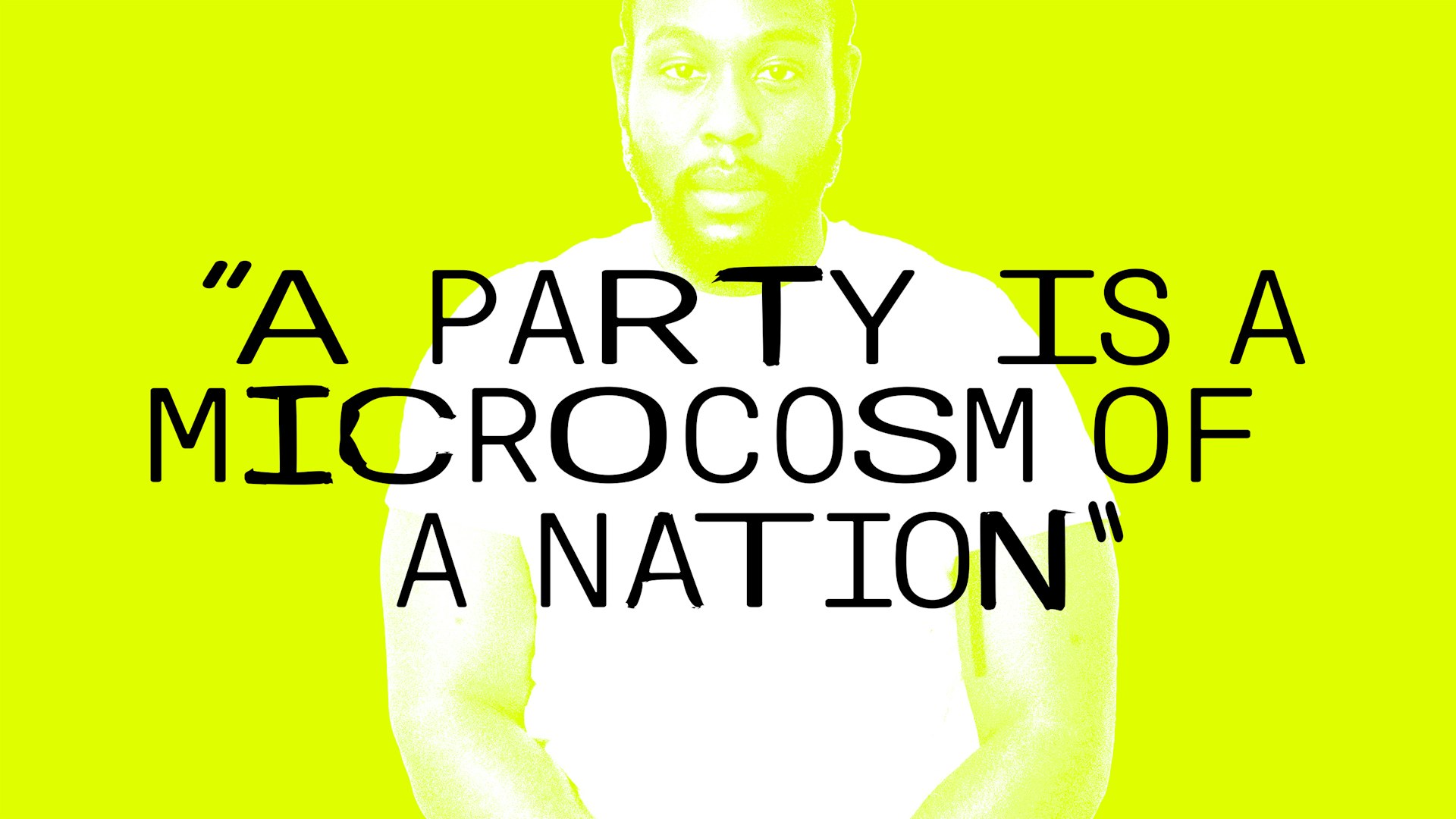
“A party is a microcosm of a nation”: Caleb Femi on the decline of the house party
To celebrate the publication of his new collection ‘The Wickedest’, Isaac Muk caught up with Femi to talk more about the work, the future of the shoobs, and discuss why having it large on a Saturday night should be cherished.
Written by: Isaac Muk
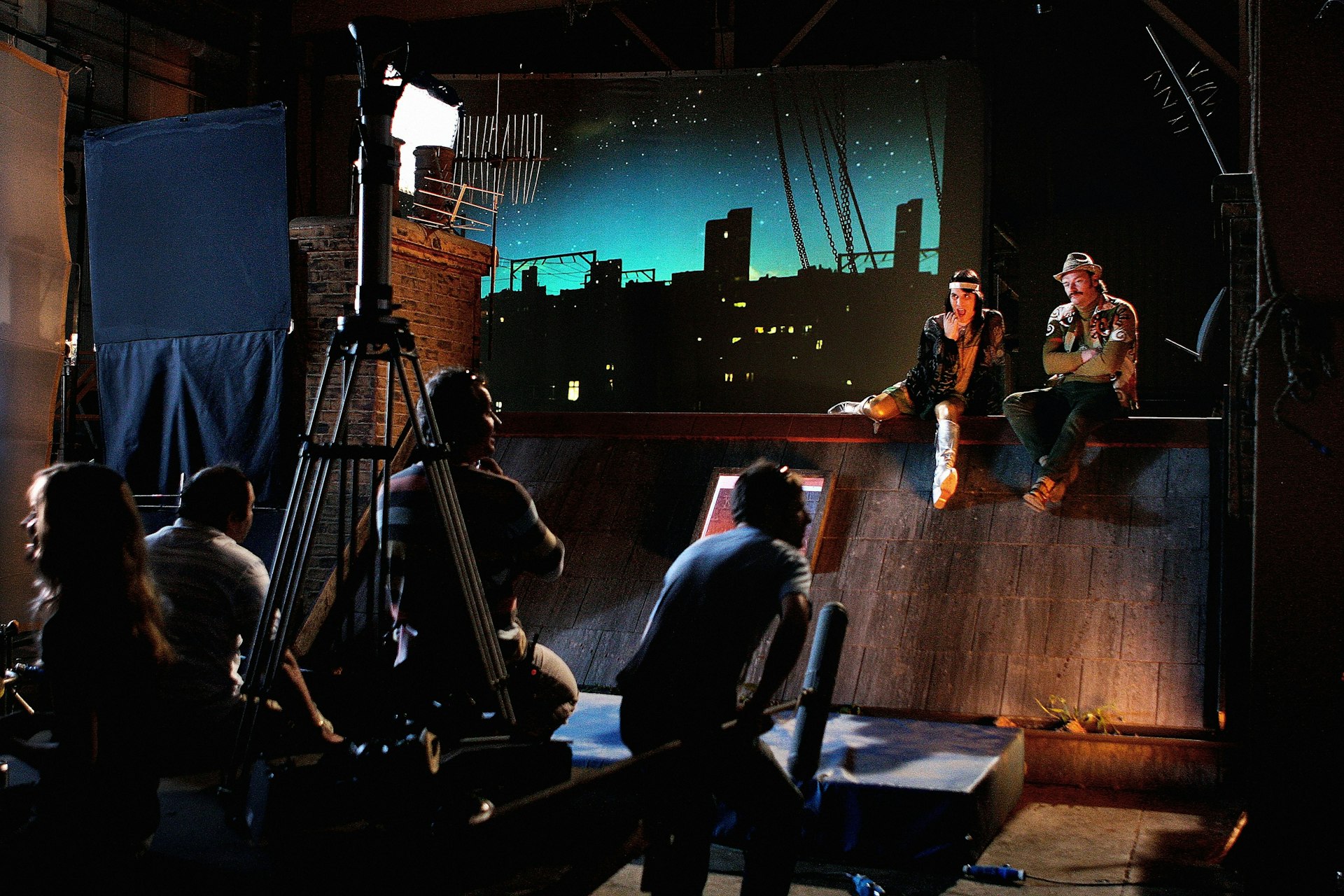
Celebrating 20 years of The Mighty Boosh
A new exhibition takes a look behind the scenes of the iconic show two decades after its BBC3 premiere.
Written by: Isaac Muk
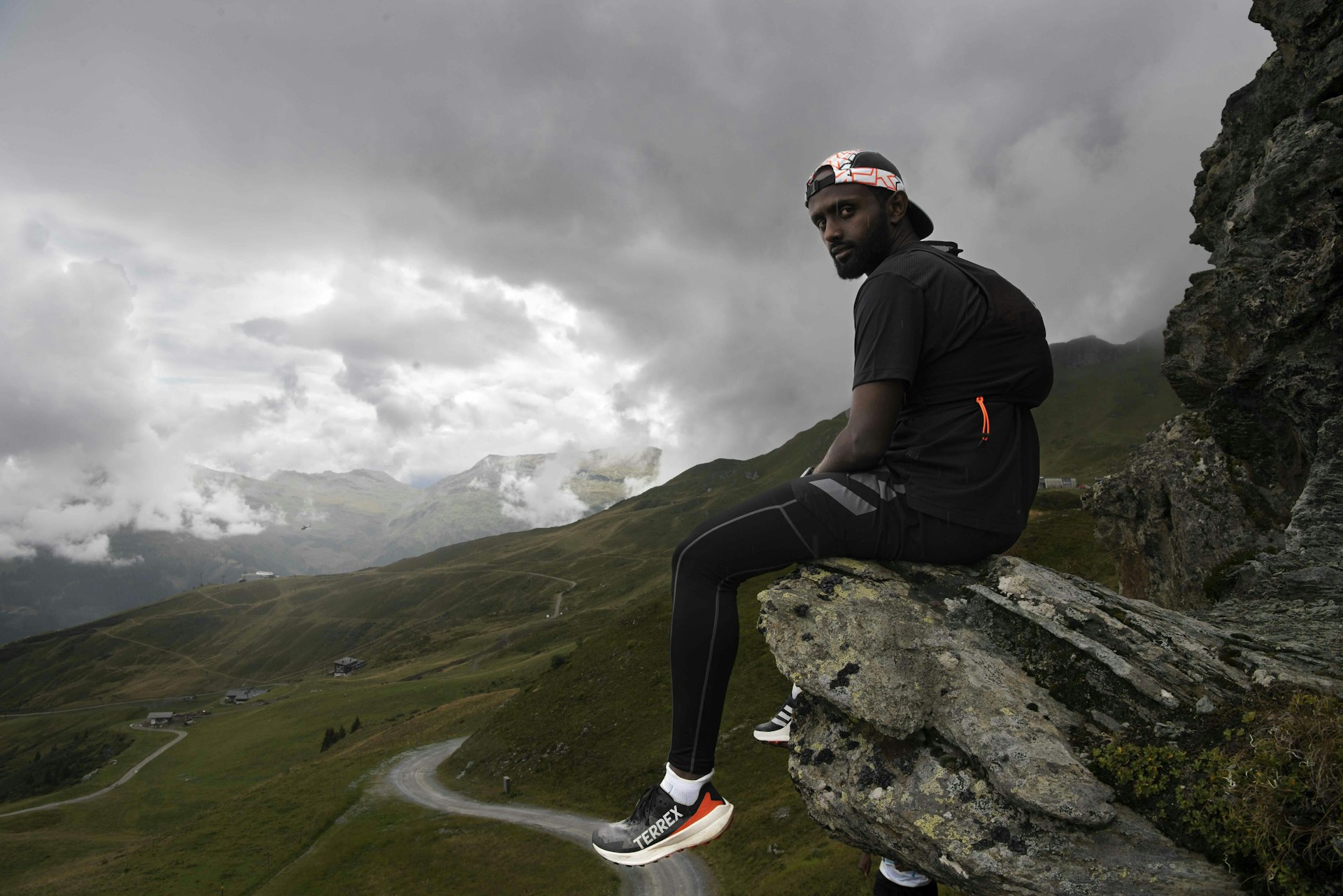
We Run Mountains: Black Trail Runners tackle Infinite Trails
Soaking up the altitude and adrenaline at Europe’s flagship trail running event, high in the Austrian Alps, with three rising British runners of colour.
Written by: Phil Young
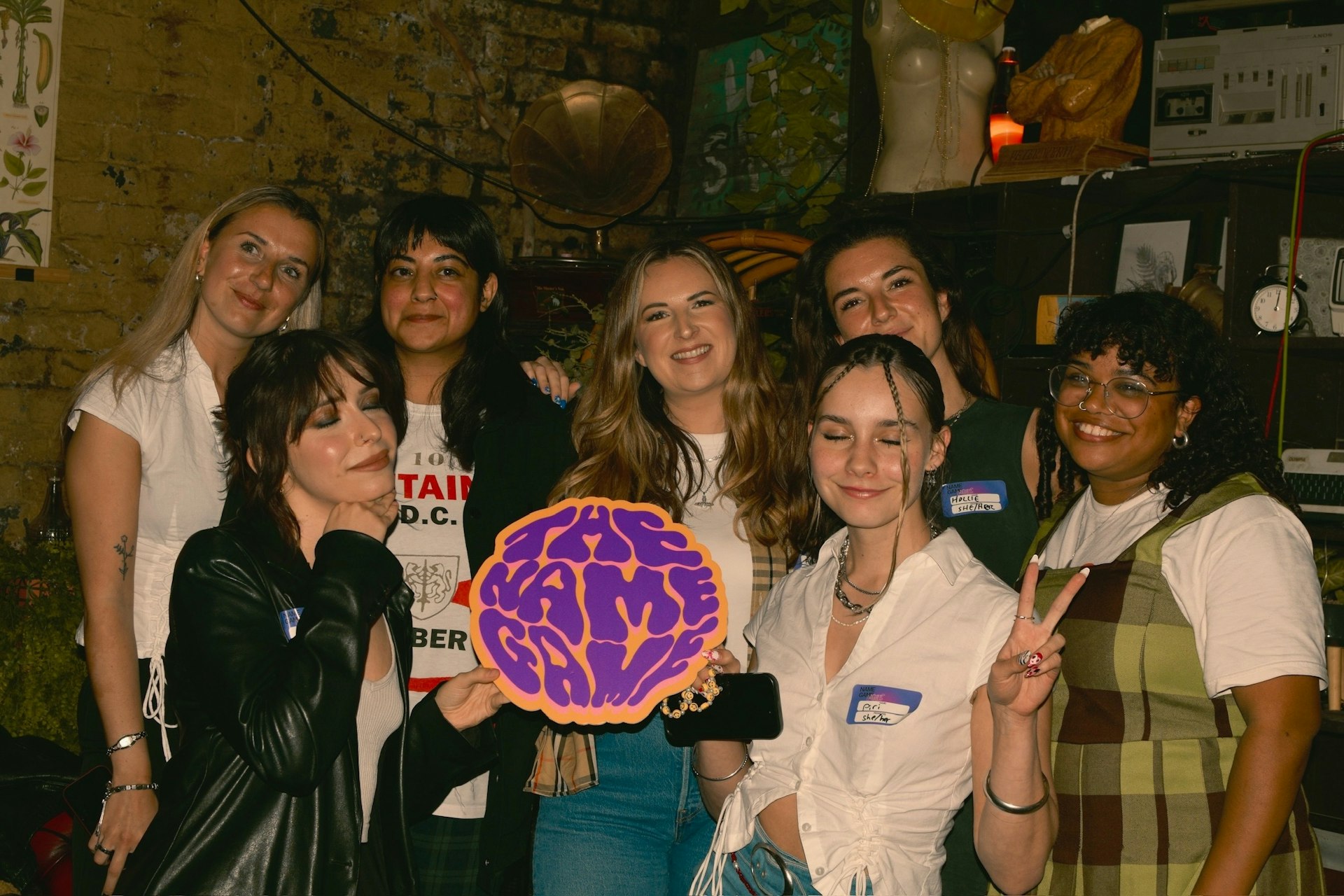
The organisation levelling the playing field in the music industry
Founded in 2022, The Name Game is committed to helping female, non-binary and trans people navigate the industry.
Written by: Djené Kaba